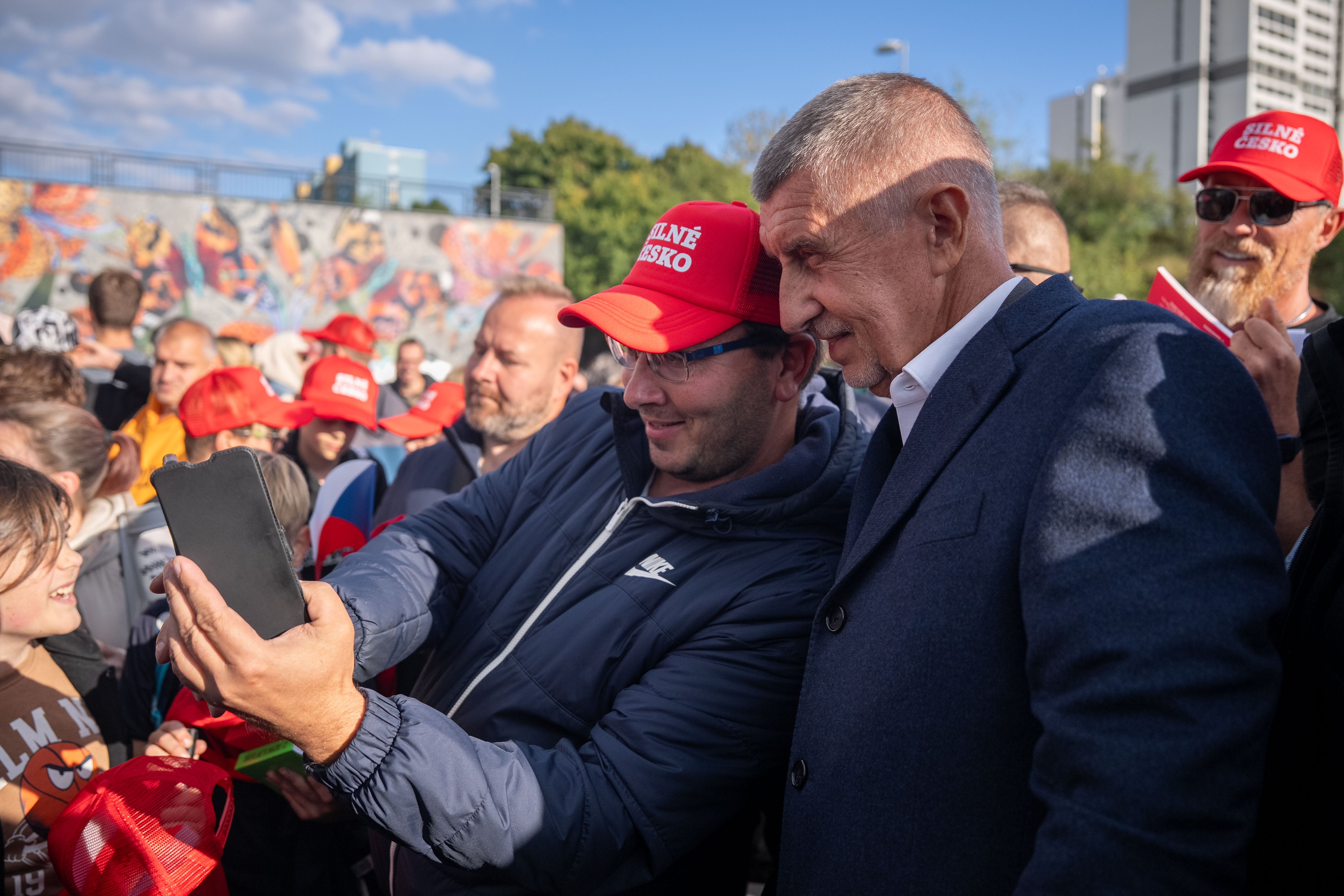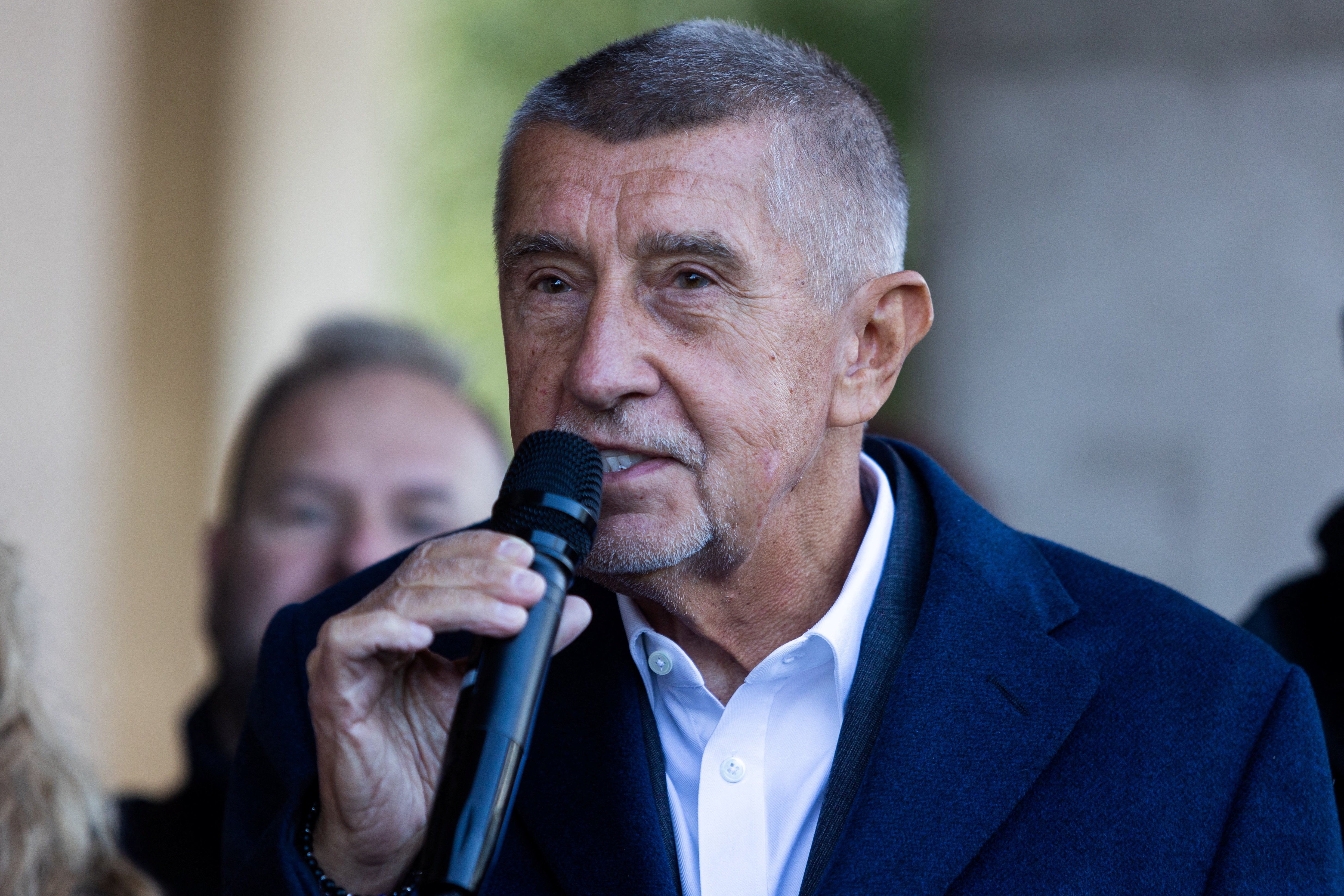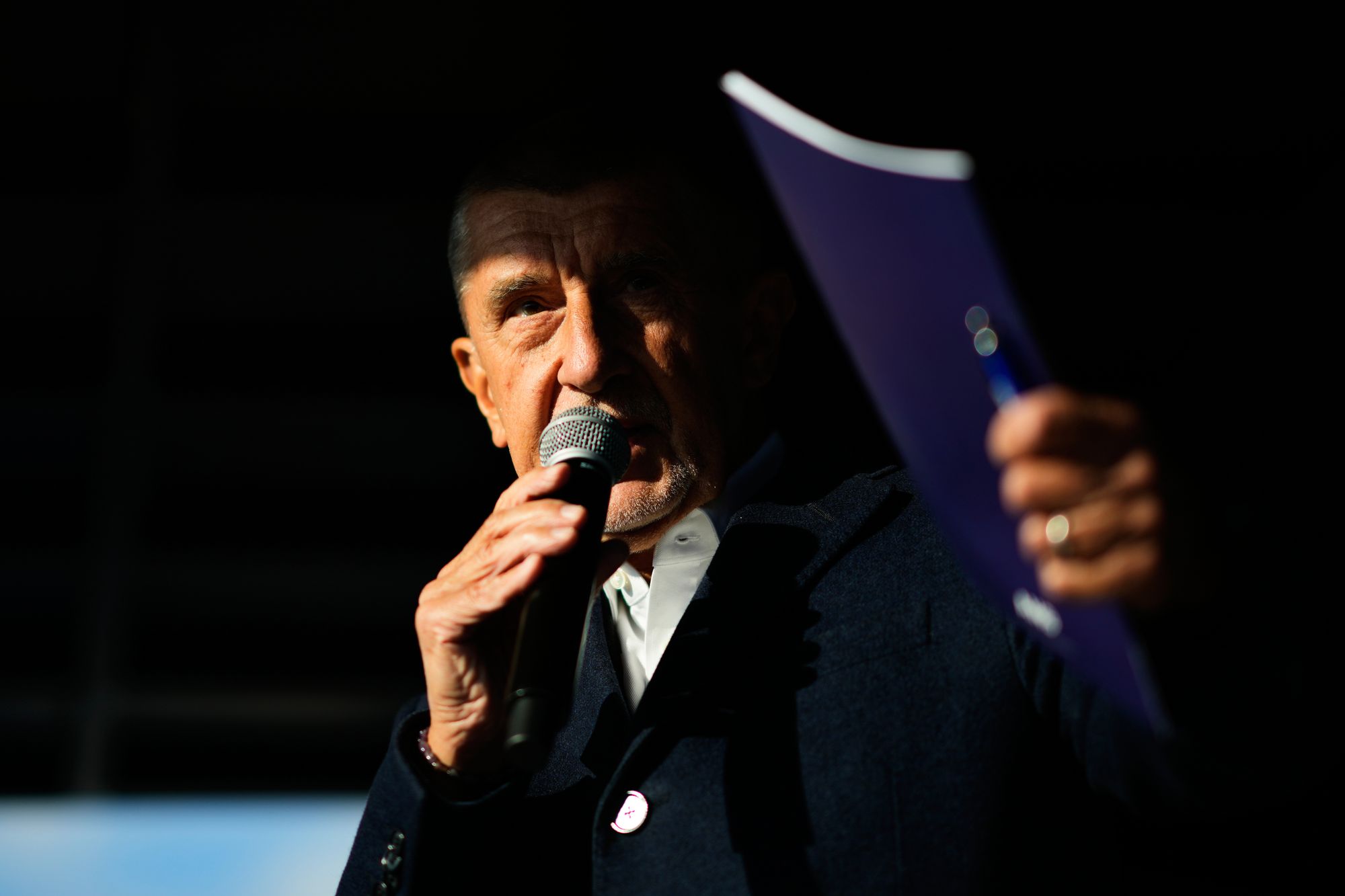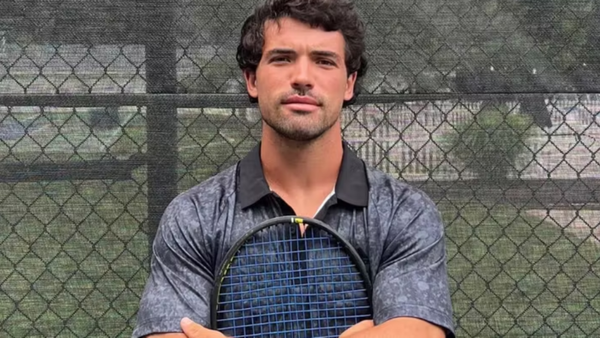
A parliamentary election in the Czech Republic this Friday and Saturday could see the nation diverge from the European mainstream, potentially aligning with the pro-Russian stances adopted by Hungary and Slovakia, and depriving Ukraine of a key ally.
Billionaire Andrej Babis is poised for a significant political comeback, with opinion polls suggesting he is on course to defeat the pro-Western coalition that ousted him four years ago.
Should he secure victory, the Czech Republic could join the ranks of Viktor Orbán’s Hungary and Robert Fico’s Slovakia, both of which have withheld military aid from Ukraine, continued Russian oil imports, and opposed sanctions against Moscow.
Amid Russia’s full-scale invasion of Ukraine, Czech prime minister Petr Fiala and his three-party conservative coalition, Together, have centred their campaign on the threat emanating from Moscow, urging the electorate to “Vote for freedom! Vote for security!”

Conversely, the opposition, led by Babis, has attributed recent national challenges, from the energy crisis to soaring inflation, to Fiala’s government, pledging to reverse his pension reforms and halt aid to Ukraine.
After the imminent election, “We will have, most probably, a very different setup of the government,” Czech president Petr Pavel said at Harvard University in September.
An alliance with Orbán
Babis joined forces with his friend Orbán to create a new alliance in the European Parliament, the “Patriots for Europe”, to represent hard-right groups. Previously, he was a member of the liberal Renew group.
The Patriots are united by anti-migrant rhetoric, a critical stance toward EU policies tackling climate change, and the protection of national sovereignty.
Babis has denied that he would share the Patriots’ soft spot for Russia. But he is planning to abandon a Czech initiative that has managed to acquire some 3.5 million much-needed artillery shells for Ukraine on markets outside the EU.
Ties to Trump
In his first term as prime minister, Babis praised then US president Donald Trump with whom he has been compared ahead of his trip to the White House in 2019. In his “Strong Czechia” campaign that year, Babis drew inspiration from Trump’s “Make America Great Again” slogan.
He called Trump’s reelection last year a “sensational comeback” and said he believed Trump would end the Russian war against Ukraine. But Babis, a businessman, rejected tariffs that are Trump’s solution for America’s economic problems.

Scandals
Babis has been a divisive figure.
Born in Slovakia, he settled a lawsuit last year with the Slovak Interior Ministry that he did not knowingly collaborate with Communist-era secret police in what was then Czechoslovakia.
A quarter of a million people took to the streets – the biggest such demonstrations since the 1989 anti-Communist Velvet Revolution – twice in 2019 to demand that Babis step down as prime minister over a conflict of interest regarding EU subsidies.
He was hit by yet another scandal that linked him and hundreds of other wealthy people to offshore accounts in findings dubbed the “Pandora Papers”.
Babis lost the 2021 parliamentary election and two years later was beaten by Pavel, a retired army general, in a vote for the largely ceremonial post of president.
He still faces fraud charges in a case involving EU subsidies, and the new Parliament will have to lift his official immunity for a court to issue a verdict.

Pro-Russian partners
Babis is predicted to win big with some 30 per cent of the vote, but not enough to govern alone. He will need one or two coalition partners.
They include a far-left Enough coalition of four fringe groups led by the maverick communists and another coalition of four led by the far-right Freedom and Direct Democracy party, the major anti-migrant force that wants to expel most of 380,000 Ukrainian refugees in the country. The two coalitions don’t consider Russia a threat, repeat its propaganda, and see no future for the Czech Republic in the EU and Nato.
Babis, whose Agrofert conglomerate of some 200 companies receives EU subsidies, does not want to leave the EU or Nato. But he could form a pact with the two fringe groupings in order to bring public media under government control, and reject the EU Green Deal or migration pact.
The two coalitions received support from a network of almost 300 fake TikTok accounts, experts said. By using AI-generated video, they also spread pro-Russian propaganda, the Centre for the Research of Online Risks said. It said the accounts garner 5 to 9 million views a week, more than the combined accounts of leaders of major political parties. Authorities are investigating.
Another potential ally, a right-wing group calling itself the Motorists, has vowed to reject the EU’s environment policies.
Supreme Court defers Trump’s request to remove Lisa Cook as Federal Reserve governor
PHOTO ESSAY: An influx of immigrants boosted Orlando's economy but many now fear detention
Hamas ‘inclined to accept peace deal if Netanyahu withdraws from Gaza’: Live
Government shuts down after Congress fails to reach funding deal: Live updates
Police shut down Munich Oktoberfest after deadly explosion and bomb threat
Ukraine war latest: Europe sends billions in frozen Russian assets to Kyiv







